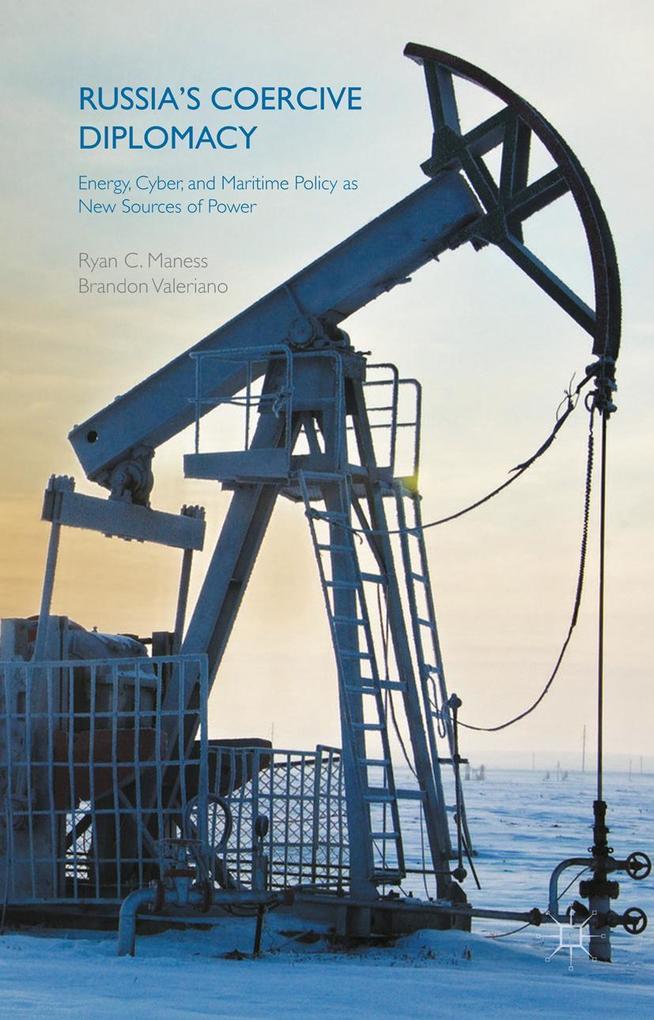
Zustellung: Do, 19.06. - Di, 24.06.
Versand in 1-2 Wochen
VersandkostenfreiBestellen & in Filiale abholen:
Russia's place in the world as a powerful regional actor can no longer be denied; the question that remains concerns what this means in terms of foreign policy and domestic stability for the actors involved in the situation, as Russia comes to grips with its newfound sources of might.
Inhaltsverzeichnis
1. Introduction: New Forms of Coercive Power in the Putin Era 2. Russia's Foreign Policy Choices and the Application of Situational Coercive Diplomacy 3. Rivalry Persistence and the Case of the United States and Russia: From Global Rivalry to Regional Conflict 4. Russia in Cyberspace 5. Russian Coercive Energy Diplomacy in the Former Soviet Union 6. Energy Salience and Situational Coercive Diplomacy: Comparison of Coercive Energy Policy in the Caucasus and Central Asia 7. Russian Foreign Policy in the Arctic: Regional Issues, Preferences, and Conflict Moderation 8. Conclusion: Russian Coercive Diplomacy after the Cold War
Produktdetails
Erscheinungsdatum
08. Juli 2015
Sprache
englisch
Auflage
2015
Seitenanzahl
268
Autor/Autorin
R. Maness, B. Valeriano
Verlag/Hersteller
Produktart
gebunden
Abbildungen
XIII, 250 p.
Gewicht
474 g
Größe (L/B/H)
222/145/20 mm
ISBN
9781137479433
Entdecken Sie mehr
Bewertungen
0 Bewertungen
Es wurden noch keine Bewertungen abgegeben. Schreiben Sie die erste Bewertung zu "Russia's Coercive Diplomacy" und helfen Sie damit anderen bei der Kaufentscheidung.









